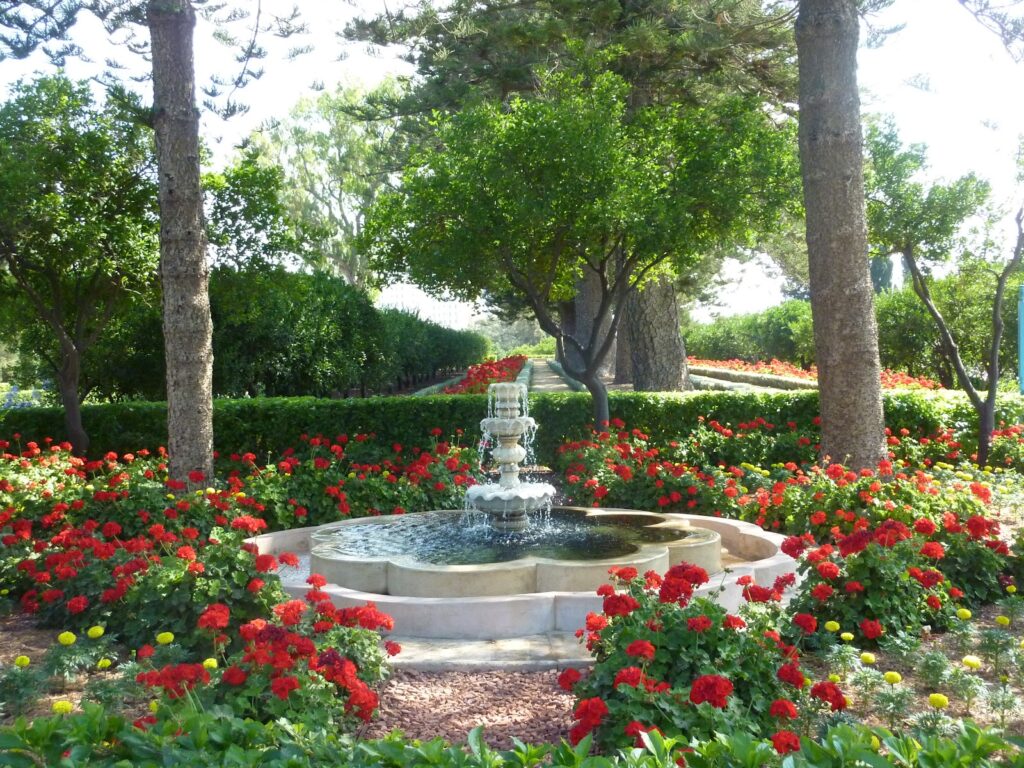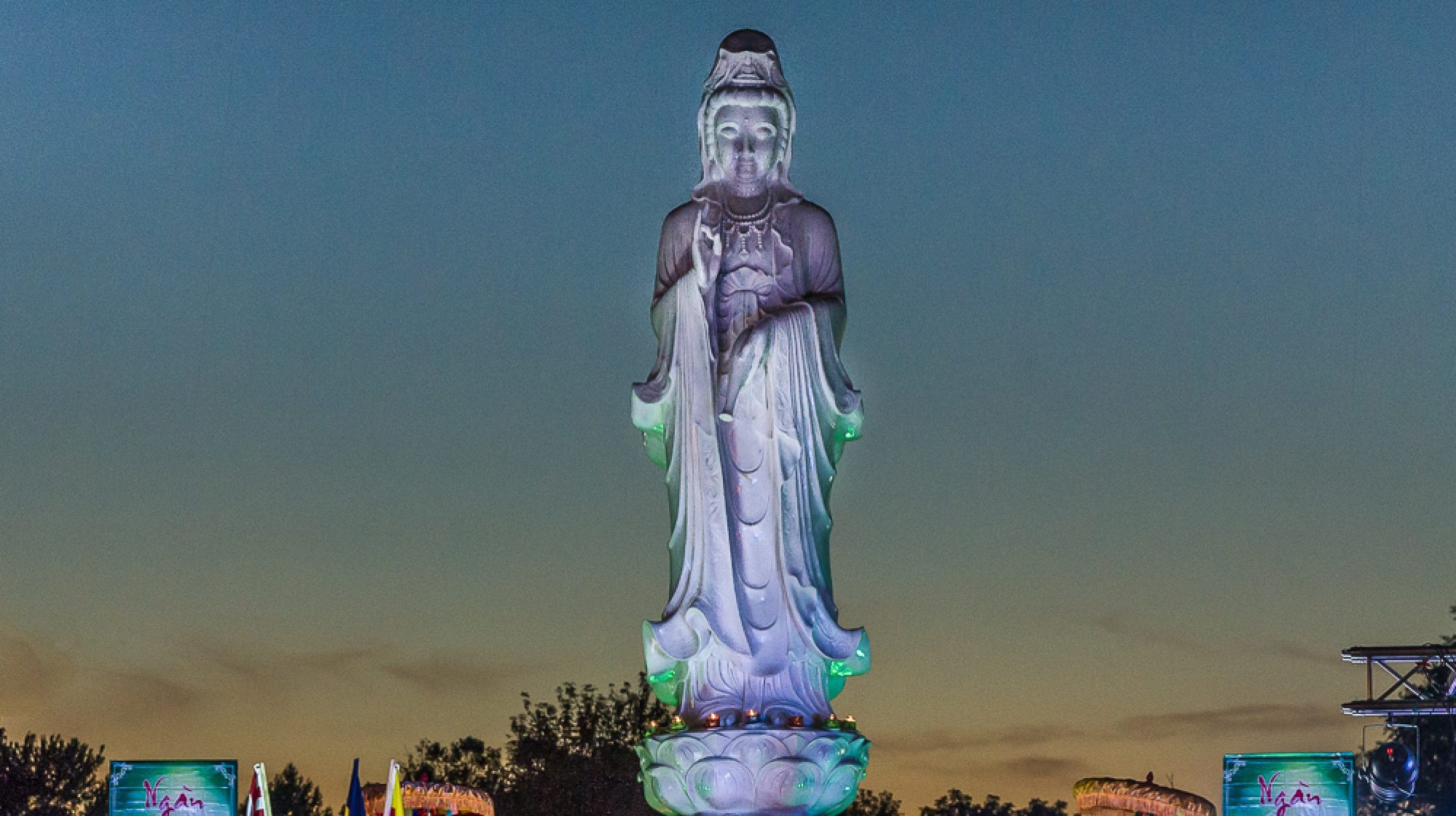
CONTACT
Check out the communities’ Facebook: https://www.facebook.com/DSMBahai/.
For more information, contact Claudia Murphy (claudia.murphy@drake.edu) or Alan Prosser (alprosser19@yahoo.com).
MEETINGS/HOURS
Regular devotional meetings are held in the homes of local community members.
Interested individuals and families seeking to observe or partake in devotional meetings are welcome to contact for details.
Monthly gatherings referred to as “firesides” are held so that individuals can discuss the faith and learn more in an informal manner.
Children’s classes, junior youth groups, and study circles are also held.
ETIQUETTE
Modest dress is advised.
Alcohol is prohibited.
STUDENT TESTIMONIAL
By Madeline Dwelle and Julie Uram
Bahá’u’lláh, the founder of the Bahá’í faith, taught that all religions come from one source and constitute one unfolding faith in God. Bahá’ís, followers of Bahá’u’lláh, accept that throughout history God has sent to humanity divine messengers such as Abraham, Krishna, Zoroaster, Moses, Buddha, Jesus Christ, Muhammad, and more recently, the Báb and Bahá’u’lláh, to reveal eternal spiritual truths and evolving social teachings suited to the needs of humanity in each stage of its development. This concept is known as progressive revelation. Nearly 150 years ago, Bahá’u’lláh proclaimed to the peoples of the world, “The Earth is but one country, and mankind its citizens.” Bahá’ís recognize the oneness of God, the oneness of religion, and the oneness of humanity. Bahá’ís include people of all ages and backgrounds who seek to build vibrant communities that increasingly reflect Bahá’u’lláh’s vision for humanity of unity, justice and peace.
The Bahá’í community works to make their faith known, without pressure to join or declare. Bahá’ís understand that the religion with which an individual identifies is between that person and God. Bahá’ís seek to treat all people as they would a fellow member of the faith. In the Bahá’í faith, affairs of the community are administered through a system of institutions operating at the local, national and international levels. The Bahá’í communities of Des Moines and West Des Moines, which have roots in the 1940s, have independent Local Spiritual Assemblies, nine-member consultative bodies that are elected annually, and hold independent Nineteen Day Feast gatherings at the beginning of each Bahá’í month. Additionally, community members from each locality socialize and study with one another and frequently commemorate Bahá’í Holy Days together with neighbors and friends.
At the heart of Bahá’í community life are processes of empowerment and transformation available to all people. Core activities include devotional meetings and capacity-building educational programs for children, junior youth, youth, and adults. All Bahá’ís strive to independently investigate their faith. This can be done through individual prayer, study of sacred text, and effort to apply the teachings. Among the daily practices of Bahá’ís in Des Moines are those that offer one of three obligatory prayers revealed by Bahá’u’lláh. Bahá’u’lláh taught that all work done in a spirit of service to mankind is worship; thus Bahá’ís seek professions that allow them to use their skills and talents to serve and address the needs of humankind. Laws of the Bahá’í faith, such as obedience to government and refraining from consumption of alcohol and drugs, are not to be imposed upon others; rather they exist to benefit the well-being of dedicated individuals.

